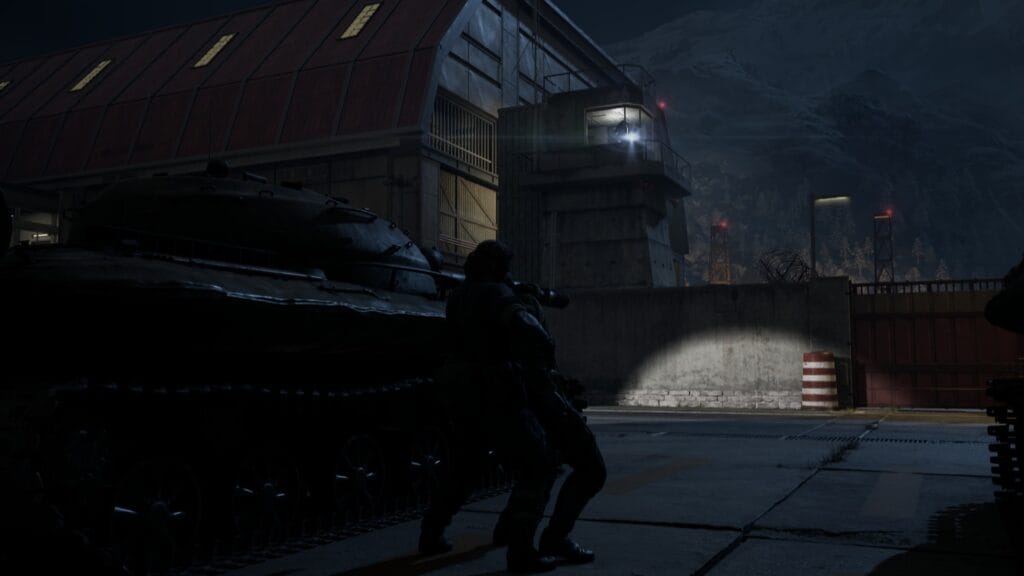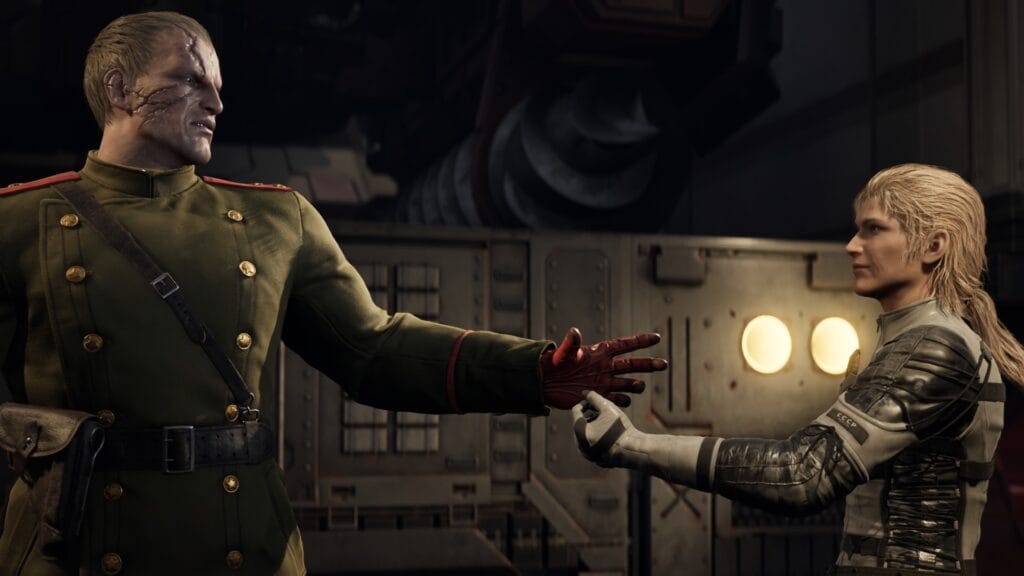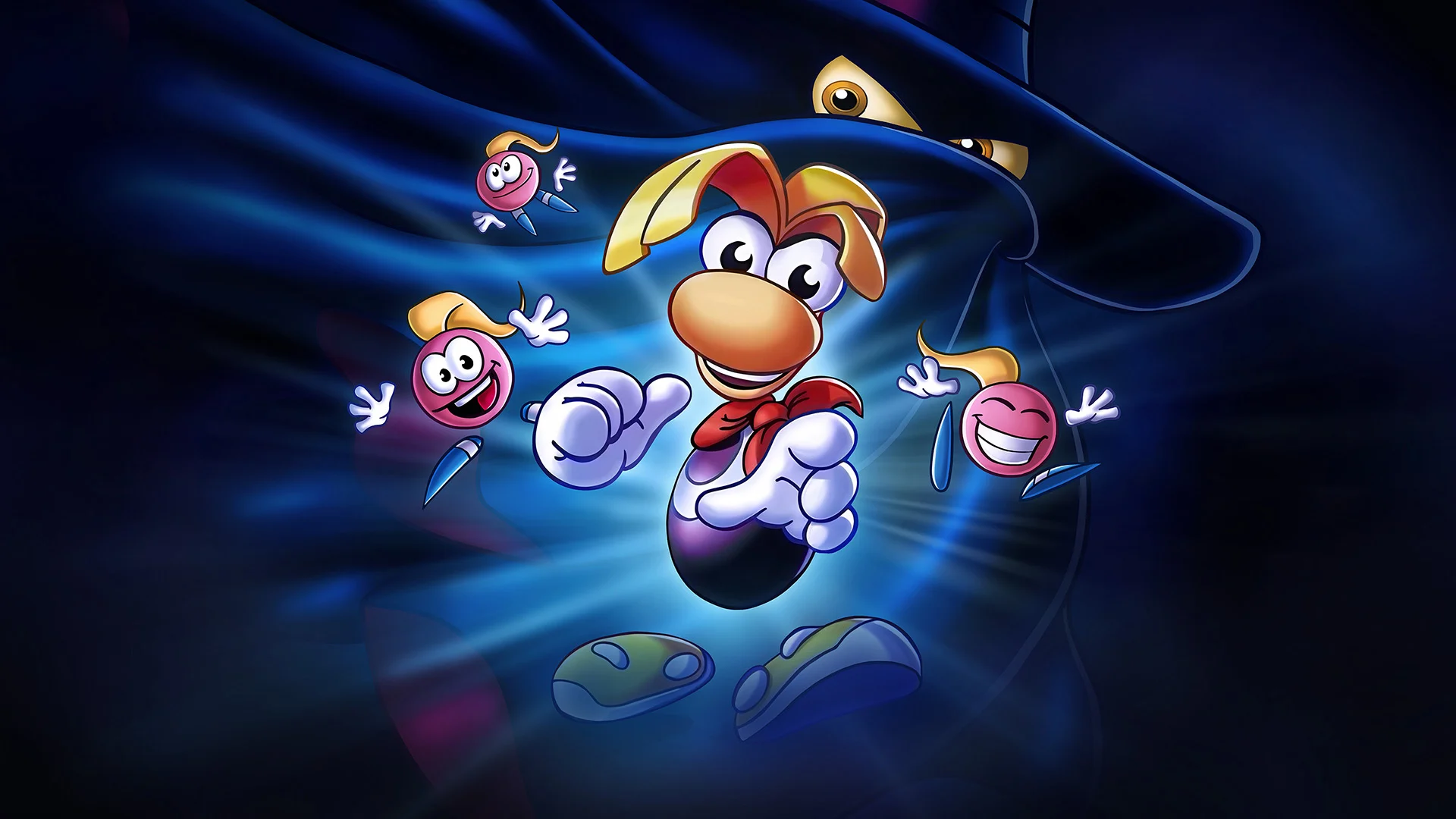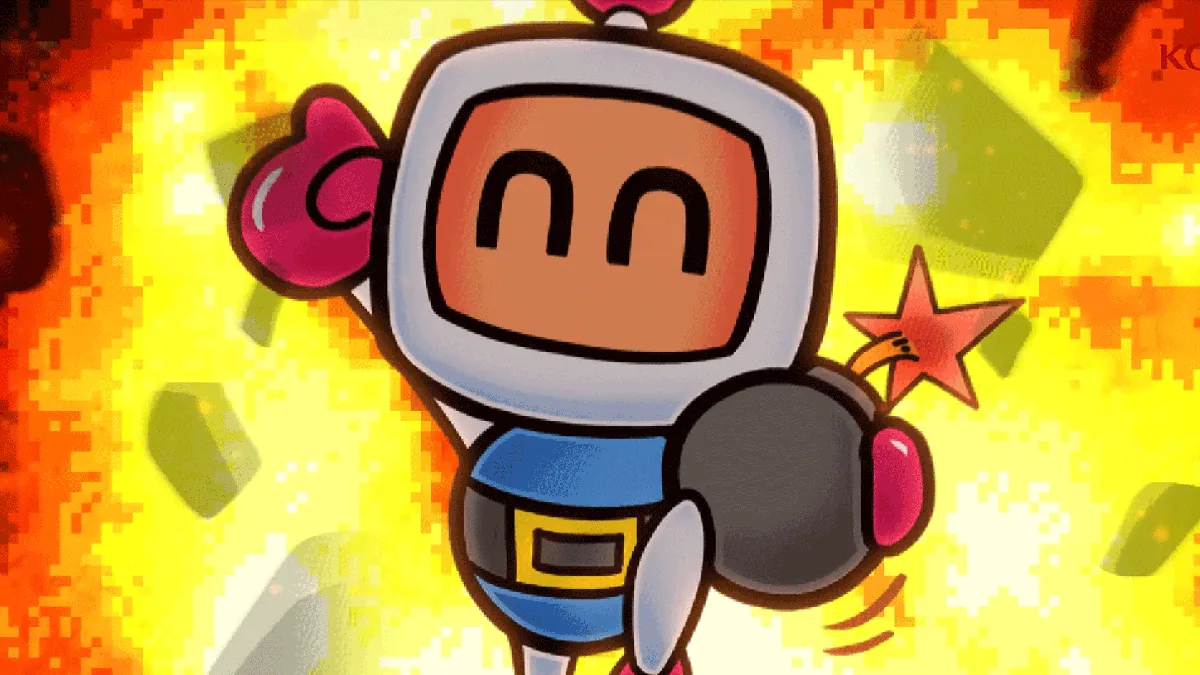It is less than two years since Metal Gear Solid 3: Snake Eater became available to PC players for the first time as part of the Master Collection. Now, publisher Konami also offer a full multiplatform remake, developed in-house with support from PlatinumGames. This is the latest and boldest step in Konami’s efforts to extend the Metal Gear Solid series, after their very public split with series mastermind Hideo Kojima.
While a remake is in a sense another backwards-looking move from Konami, it is – to their credit – a much bolder gambit than 2023’s package of re-releases. It also marks the company’s return to big-budget development, and could raise hopes of a new mainline MGS game in the relatively near future. Should that be on the cards, though, Konami will have a number of technical questions to answer – because Delta’s performance is far from ideal.
Konami chose to remake MGS 3 because it is chronologically the earliest game in the series. As veterans of “tactical espionage action” will know, the story is set in the Soviet Union in 1964. CIA operative Naked Snake – later to be known as Big Boss – is inserted into enemy territory to facilitate the defection of a brilliant scientist. Along the way, he encounters the beginnings of the fearsome Metal Gear line of strategic mechs, and the origins of several shadowy factions with larger roles in the other games.

Delta is very much a faithful remake. Konami have taken no real creative liberties with their take on the original, released in 2004. All of the elements that made Snake Eater distinctive within the series are preserved here, for better or worse. Many of these are linked to Kojima’s guiding concept at the time, the emphasis on survival. Players must choose the optimal camouflage for Naked Snake, supply his hungry body with food, and cure his various wounds and ailments. Viewed with the benefit of hindsight, these mechanics are largely a nuisance, and add little to the MGS formula besides fussy busywork.
However, all of the game’s strengths are preserved and enhanced here. Moving around the various Soviet locales is smoother than ever, due to a new camera mode and updated animations which both recall the most recent mainline game in the series, 2015’s Metal Gear Solid V. The many lengthy cutscenes have been lovingly translated into Unreal Engine 5 – with the original voice acting maintained – with all the attractive new effects that implies.
The madcap, over-the-top plot of Naked Snake’s mission looks and sounds better than ever, and controls very smoothly. Changing camo and taking radio calls is now easier than before, thanks to Konami’s subtle and intelligent changes to the UI. The compass is a new inclusion which gives new players, unfamiliar with the game’s layout, an easier way to find the next objective.
The developers have also thankfully implemented a photo mode, although it has some limitations. The camera is not permitted to venture far away from Snake, which can be frustrating at times. Worse is the game’s propensity to capture the cursor in shots, even when playing with a controller. However, there is the expected range of visual options and it is quite possible to capture some striking images.

Unfortunately, Metal Gear Solid Delta: Snake Eater has a major drawback – at least at present – and that is performance. Konami seems to have had some serious troubles with optimising Unreal Engine 5. To be sure, this remake is attractive but it is also frustratingly wasteful of system resources. Only players with very costly, recent PCs are likely to be able to play without making visual sacrifices that simply should not be necessary. This is a remake of a game released on the PlayStation 2, 21 years ago – it is divided into very small, discrete segments. It has no business running like this, and it is easy to pine for the superb Fox engine, which powered Metal Gear Solid V so adeptly ten years ago.
With Metal Gear Solid Delta: Snake Eater, Konami seem to be out to prove that they are serious about moving the MGS series forwards. Their ability to accurately reproduce Metal Gear Solid 3 should raise confidence that they have it in them to strike out more confidently, and develop a true new entry of their own. While performance is an annoyance, at least for the time being, this is an eminently solid remake and potentially the best way to visit or revisit a key entry in a revered series.





